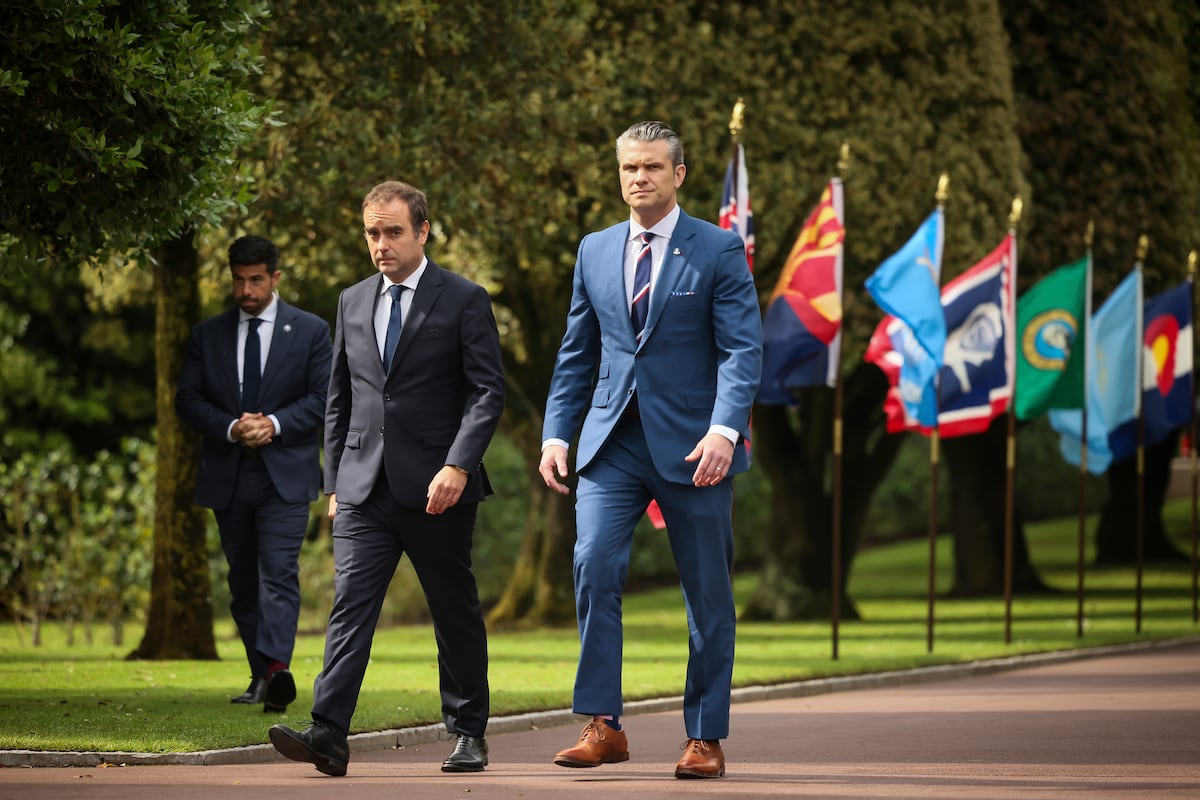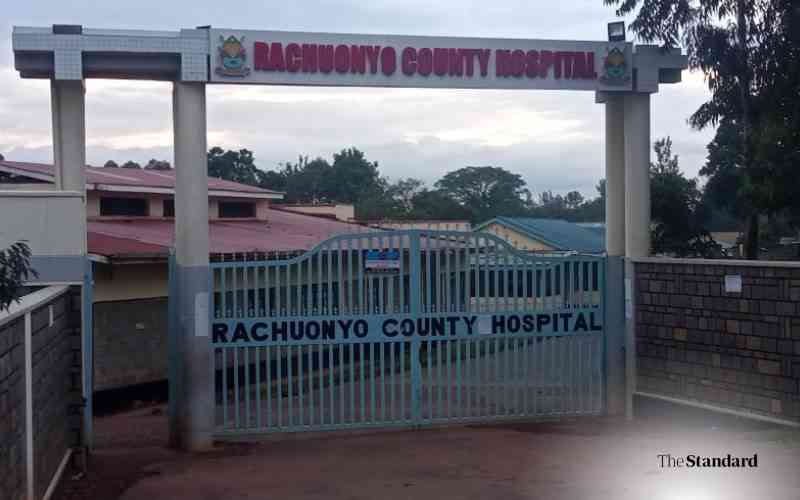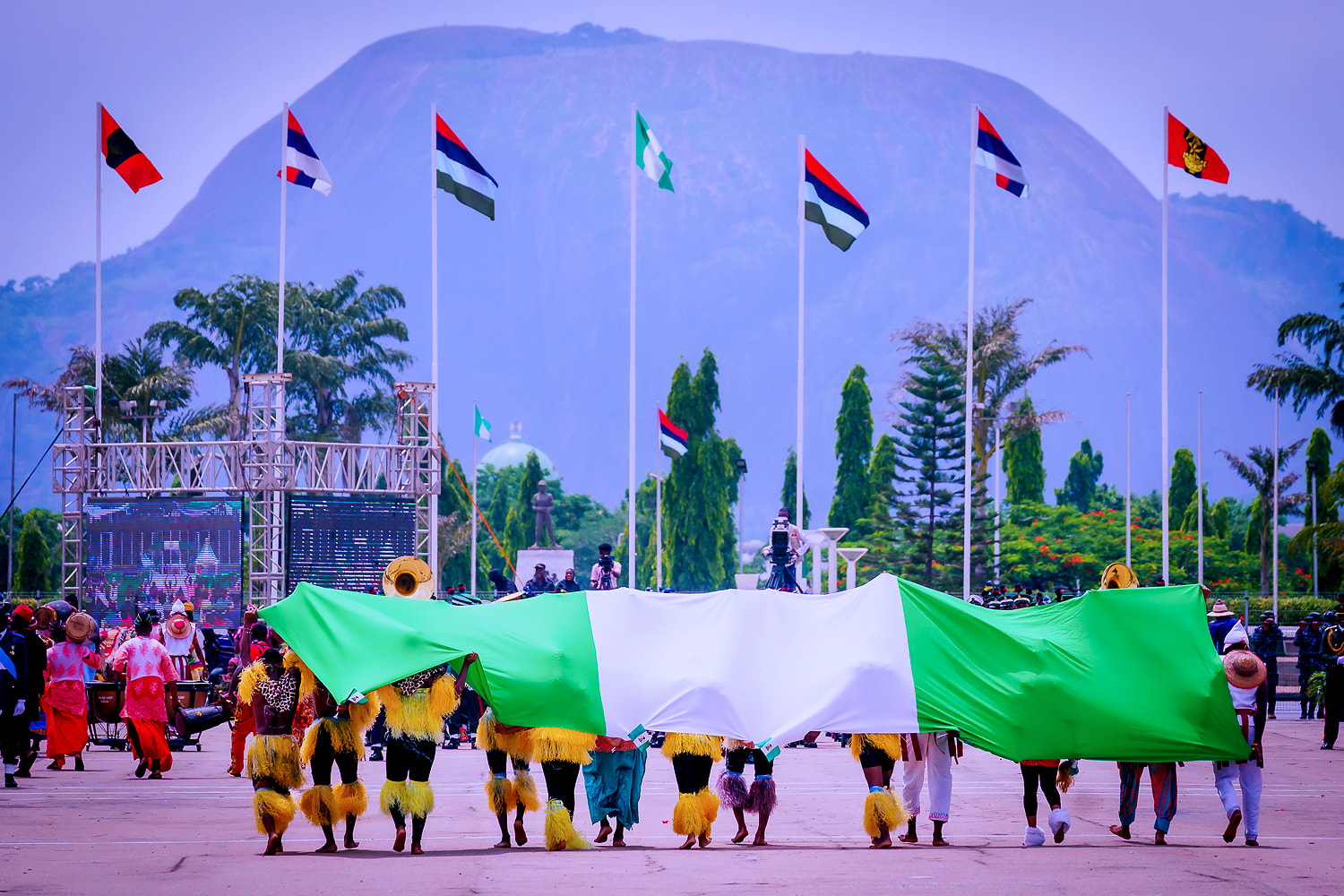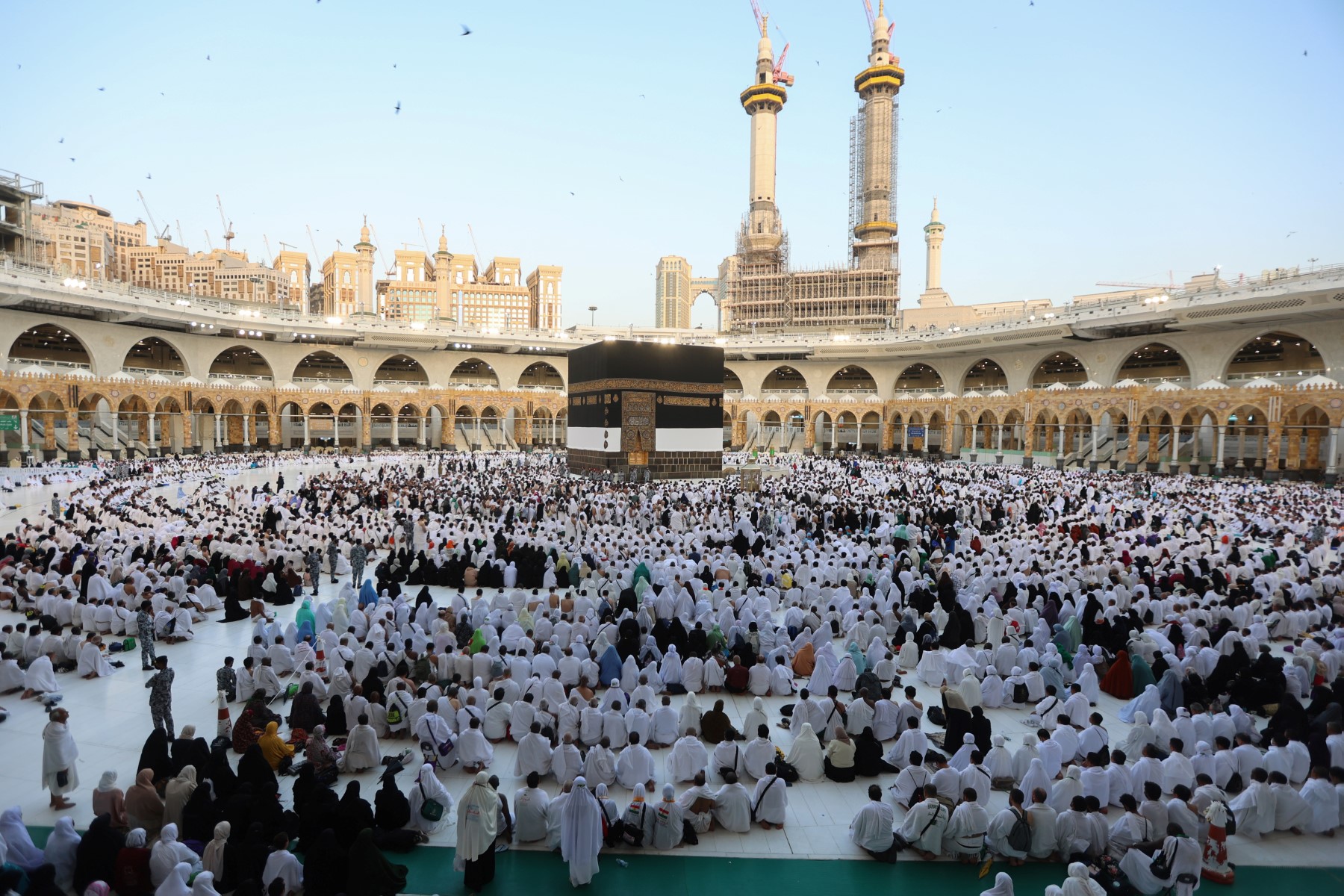Calls for SA's ports to become globally competitive
The Deputy Minister in the Presidency for Planning, Monitoring, and Evaluation, Seiso Mohai, has reaffirmed the government’s commitment to infrastructure development and efficient service delivery, recognising them as key drivers of economic growth and job creation.
This follows a two-day frontline oversight and monitoring visit conducted alongside the Deputy Minister of Transport, Mkhuleko Hlengwa, to the Ports of Richards Bay and Durban in KwaZulu-Natal.
The Deputy Ministers received a comprehensive overview of the N2’s strategic importance for freight and the regional economy.
The oversight visit was part of the ongoing efforts by the Department of Planning, Monitoring, and Evaluation (DPME) to evaluate the functionality, resources, and operational efficiency of essential logistics hubs that are crucial to South Africa’s export economy.
This includes areas such as dry bulk cargo, raw materials, containers, multi-purpose terminal breakbulk, liquid bulk, and automotive logistics.
The Port of Richards Bay handles dry bulk, serving Northern KwaZulu-Natal, Gauteng, and Mpumalanga. It is also the largest exporter of coal in South Africa, handling approximately 54% of South Africa’s total dry bulk cargo demand.
Meanwhile, the Port of Durban handles about 61% of the country’s container traffic. It is also responsible for dry bulk (15%), liquid bulk (65%), automotive (72%), and breakbulk (71%), and facilities for local fishing, ship-repair, cruise liner vessels, and recreational boating.
“There is hope for economic growth in South Africa. Through strategic infrastructure development, we can create the conditions for sustained growth and employment.
“This visit reflects our approach to responsive governance, listening to frontline workers, engaging stakeholders, and ensuring that infrastructure plans are aligned with delivery realities on the ground,” said Mohai.
He said the insights gained would inform government’s broader strategy to revitalise logistics infrastructure and stimulate investment.
Transnet’s investment in modernised equipment would enhance South Africa’s value offering and trade performance.
The visit also focused on the planned upgrades, which include new cranes and port equipment.
The Deputy Ministers reviewed and were briefed on the challenges facing the sector, including safety and security issues, vandalism, deteriorating road infrastructure, truck congestion, traffic delays, and freight mobility limitations, to identify practical solutions for the short and long term.
Transport Deputy Minister Hlengwa said the transport sector remained a key enabler of economic transformation.
“Our ports must become globally competitive to support inclusive growth. Investments in logistics infrastructure must translate into tangible benefits for ordinary South Africans, especially through job creation, skills development, and improved service delivery.”
The Deputy Ministers engaged directly with port authorities with the aim of monitoring not only physical infrastructure but also management systems, turnaround times, and the impact of planned upgrades on productivity. –











